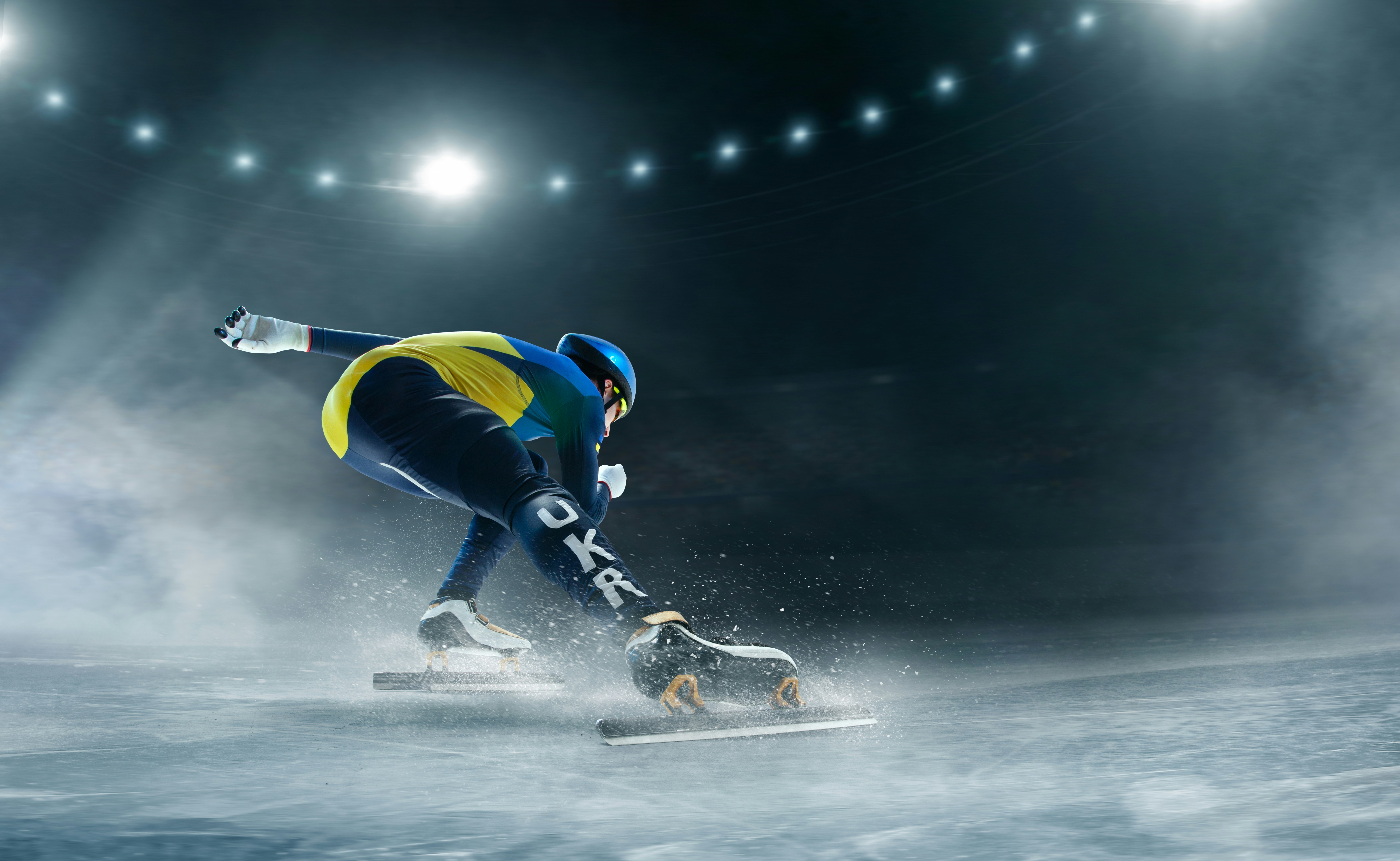
Competitive speed skating demands more than physical strength and technique; it requires a robust and focused mindset. Developing a winning mentality can be the difference between crossing the finish line first and falling behind. This article explores how athletes can cultivate the right mental approach to excel in this fast-paced sport.
Understanding the Role of Mindset in Speed Skating
A winning mindset goes beyond physical preparation. It shapes how skaters handle pressure, setbacks, and competition. Skaters who believe in their ability to improve and succeed perform with greater confidence and resilience. This mental toughness helps them endure fatigue and maintain focus even in the final laps.
Moreover, mindset influences motivation. Skaters with a growth-oriented mentality see challenges as opportunities to learn rather than threats. They embrace hard work and persistence because they understand these are key to progress. Even the most physically gifted athletes may struggle to reach their potential without a strong mental foundation.
Setting Clear and Achievable Goals
Goal setting is essential for building a winning mindset. First, skaters must define what success means to them, whether it is improving lap times, mastering technique, or winning races. Clear goals give direction and fuel motivation.
Next, breaking significant objectives into more minor, manageable steps is essential. This approach helps athletes stay focused and track their progress. By celebrating small wins along the way, skaters reinforce positive thinking and maintain momentum. Without such focus, it is easy to feel overwhelmed or discouraged.
Building Confidence Through Preparation
Confidence arises from preparation. When skaters train consistently and methodically, they build trust in their abilities. This trust helps them remain calm under pressure and take calculated risks during races.
Additionally, mental rehearsal plays a vital role in building confidence. Visualization techniques allow skaters to imagine themselves performing perfectly. This practice strengthens neural pathways linked to success and reduces anxiety. When the moment to race arrives, they feel ready and empowered, which often leads to better outcomes.
Developing Focus and Concentration
In speed skating, every second counts, and distractions can prove costly. Therefore, developing focus is crucial for success. Skaters must learn to block out external and internal noise and maintain attention on their technique and strategy.
One effective way to enhance concentration is through mindfulness training. Mindfulness teaches athletes to observe their thoughts without judgment and return their attention to the present moment. Over time, this skill helps skaters stay composed during intense competition and execute their plans flawlessly.
Embracing Resilience and Overcoming Setbacks
Setbacks are inevitable in any sport, and speed skating is no exception. Injuries, losses, or disappointing performances can shake confidence. However, a winning mindset views these moments as temporary obstacles rather than permanent failures.
Skaters who cultivate resilience bounce back quickly by learning from mistakes and adapting. They avoid negative self-talk and instead focus on solutions and growth. This positive attitude keeps them motivated and ready to tackle future challenges with renewed energy.
Harnessing the Power of Positive Self-Talk
The way athletes talk to themselves has a direct impact on performance. Negative thoughts such as “I can’t do this” or “I’m not good enough” create doubt and hinder execution. Conversely, positive self-talk builds confidence and focus.
Speed skaters can benefit from developing affirmations that reinforce their strengths and goals. Repeating encouraging phrases before and during races helps maintain motivation and reduces stress. Over time, this practice creates an internal environment conducive to success.
Surrounding Yourself with Supportive Influences
No athlete wins alone. A strong support system of coaches, teammates, family, and friends is vital in sustaining a winning mindset. Encouragement, honest feedback, and shared experiences help skaters stay grounded and motivated.
Furthermore, training with others who share similar goals creates a competitive yet supportive environment. It pushes athletes to improve while providing camaraderie and accountability. Skaters should seek out mentors who can guide their mental and physical development.
Maintaining Balance and Managing Stress
While dedication is key, balance is equally important. Excessive pressure or burnout can damage an athlete’s mindset and performance. Therefore, speed skaters must develop healthy habits to manage stress.
Rest, proper nutrition, and mental breaks contribute to overall well-being. Engaging in hobbies outside the sport and maintaining social connections prevent isolation and fatigue. By taking care of their psychological and physical health, skaters ensure they remain resilient and focused for competition.
Staying Adaptable and Open to Learning
Finally, a winning mindset embraces adaptability. The world of competitive speed skating constantly evolves with new techniques, equipment, and training methods. Skaters who remain open to learning can adjust and improve continuously.
This openness includes accepting constructive criticism and experimenting with new strategies. Rather than fearing change, they see it as a pathway to excellence. This flexible attitude fosters long-term growth and sustained success.
Developing a winning mindset in competitive speed skating is a journey that combines mental toughness, focus, resilience, and support. By setting clear goals, preparing thoroughly, and nurturing positive self-beliefs, athletes position themselves for success on the ice. With dedication to both mental and physical training, speed skaters can master not only the sport but also their potential.